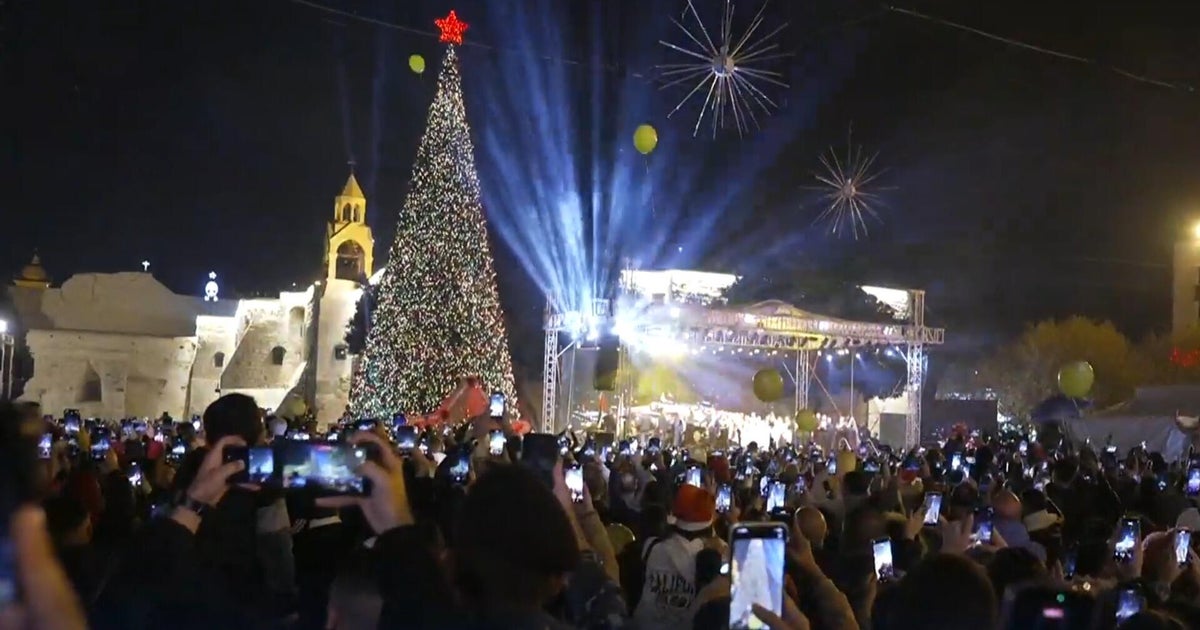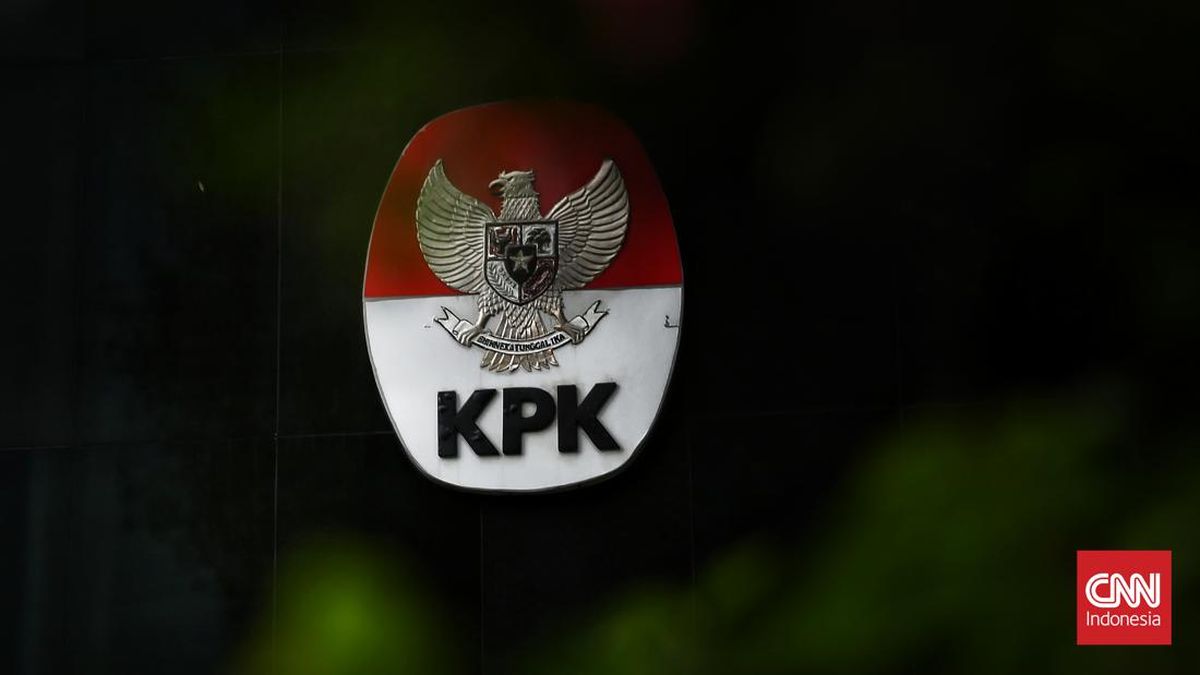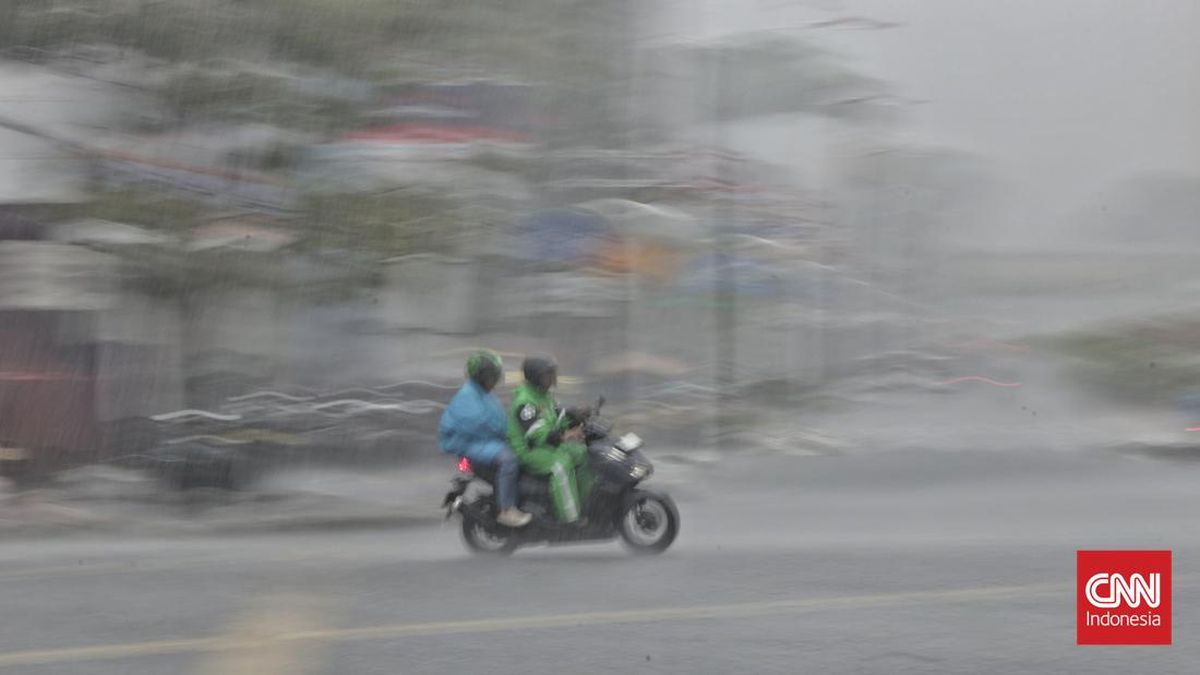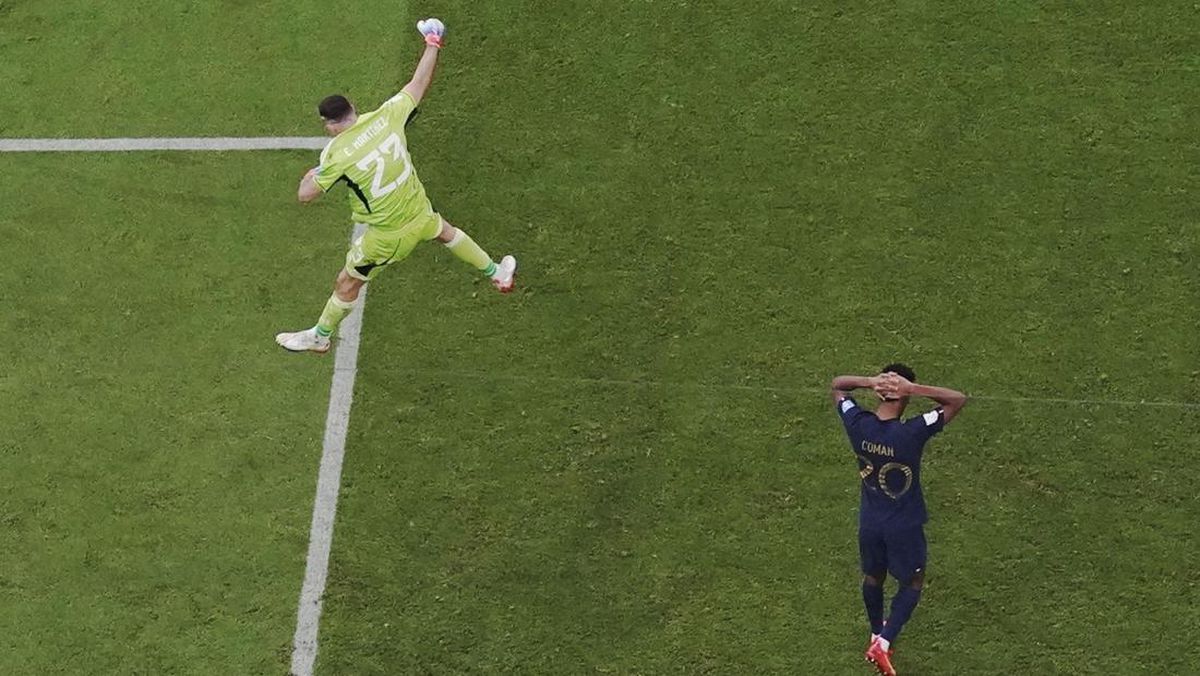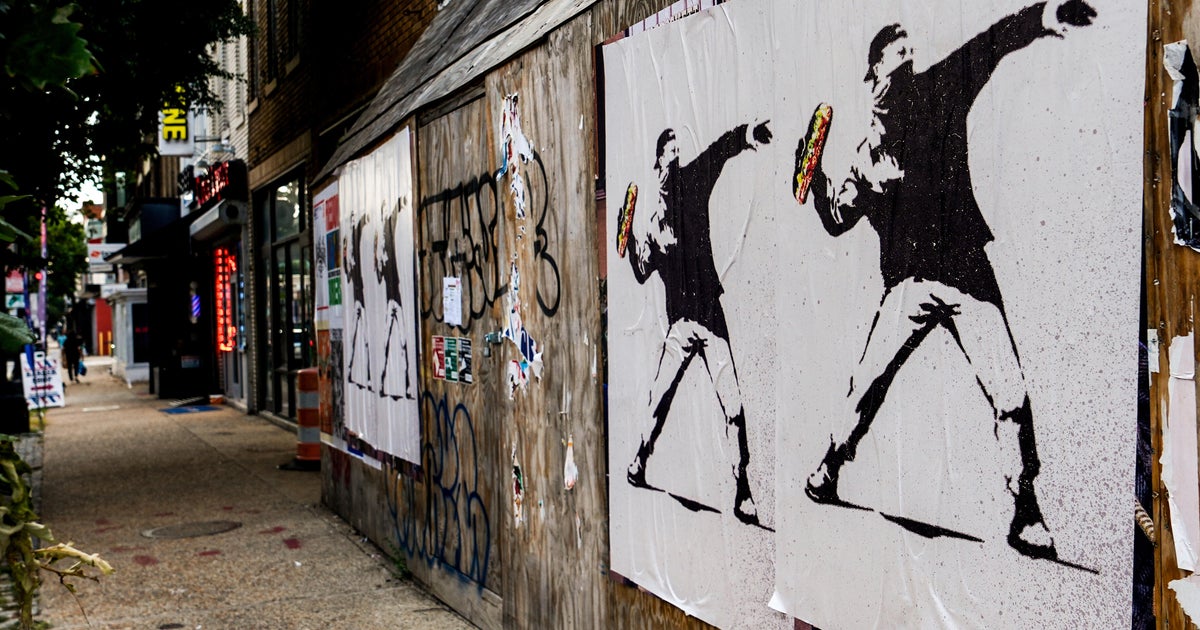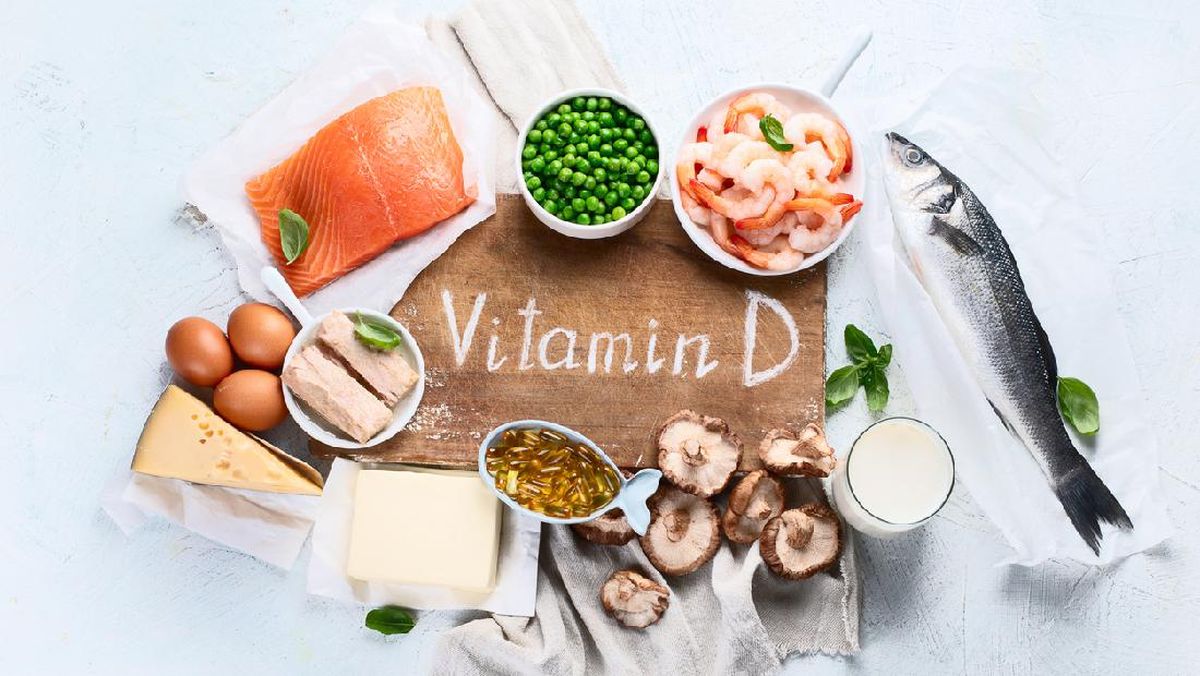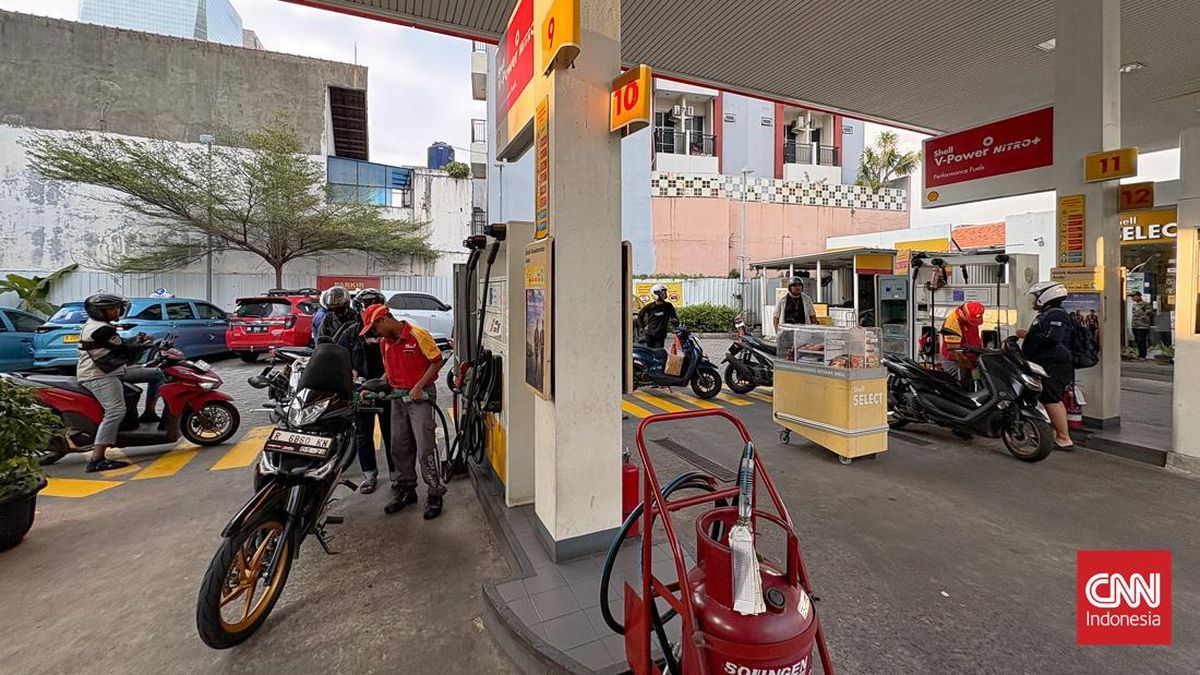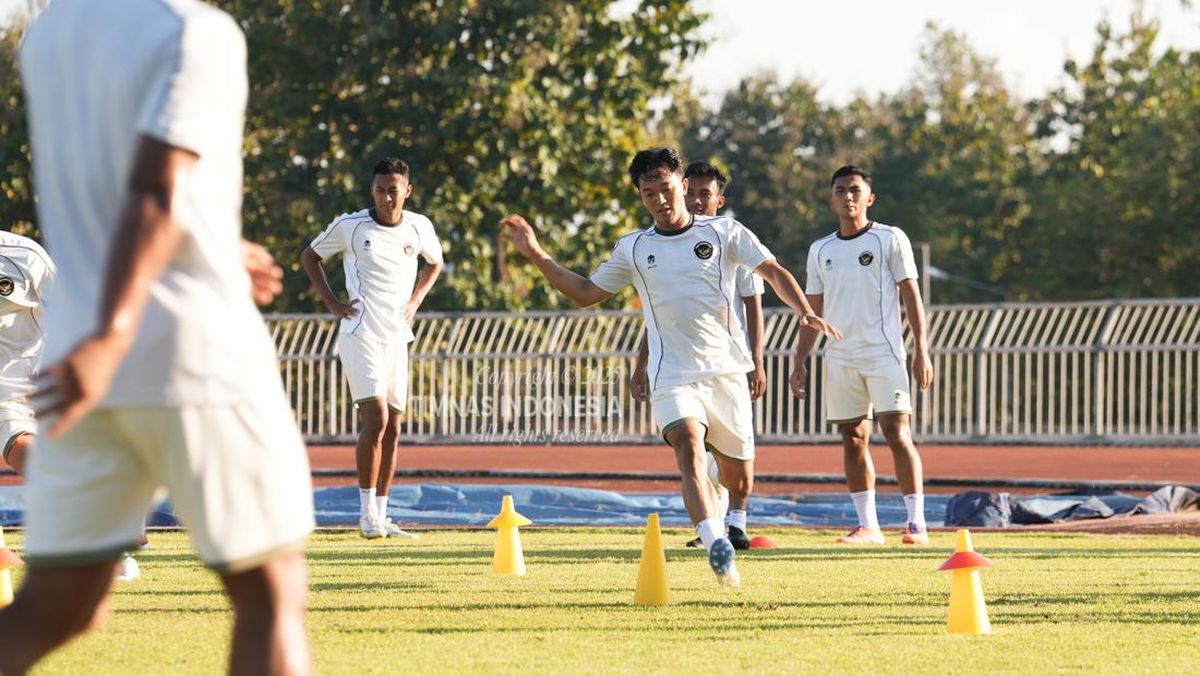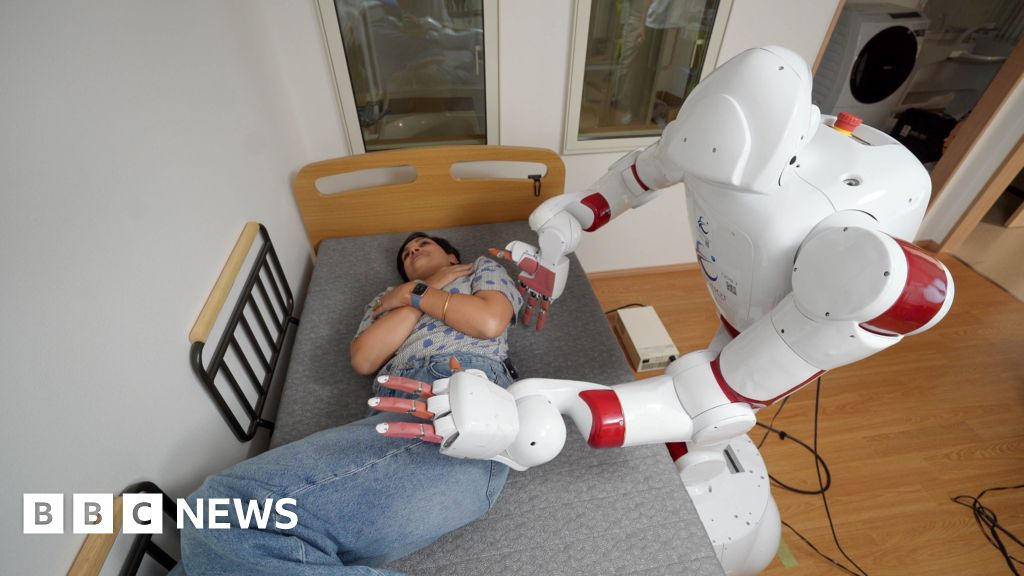This story is part of lifestyle’s series on generational approaches to love, relationships and dating.
See all 2 stories.Thirtysomething Julia Datt is happily single. She also knew from a young age that she did not want children.
After a rocky upbringing and then hidden homelessness at 19, Datt says she is reclaiming childhood in adult life.
The Melburnian has worked in various jobs – from modelling and acting to investing – and says she earns enough of a passive income to lead a “Peter Pan-esque” life.
A fulfilling life, rich in strong friendships and what she calls “side quests” such as painting, learning new languages and writing a food blog, has placed Datt at a point where she is open to partnering – but only with the right person.
“I have already created my dream life, so unless the lucky man I choose can better my existence, he is not welcome,” she says.
While life as a single person may once have been seen as a source of shame, particularly for women, among an increasing number of Millennials who grew up being fed the narrative that children and romantic love were the only things that could make a life meaningful, singlehood has become aspirational.
Could this be the end of love for Millennials? Well, it’s complicated.
Who are the Millennials?
Generally defined as the cohort born between 1981 and 1996, today’s Millennials are 29 to 44 years old.
Millennials are set to outnumber Baby Boomers as the most populous generational cohort in Australia, and their experiences of love, relationships and dating have been shaped by the social and economic forces around them.
Loading
Having come of age in and around the 2000s, Millennials are digital natives, making them among the first to use dating apps and broadcast their relationships to the world via social media – from statuses on MySpace and Facebook to “hard” or “soft” launches of a new love on Instagram.
But growing financial instability, an uncertain future marked by global uncertainty and climate change, as well as evolving social ideas around what family looks like, have resulted in many delaying traditional milestones such as marriage and raising children, or eschewing them entirely.
Meanwhile, growing sex positivity, increasing LGBTQI+ rights and acceptance of non-traditional relationships such as non-monogamy, are gaining traction in this group.
The first nationally representative snapshot of Australia’s sex and gender diverse communities, published in 2022 by the Australian Bureau of Statistics, found 4.5 per cent of the population identify as LGBTQI+, with younger Australians representing a greater proportion of this group.
A third of same-sex couples were married, according to the 2021 census, and the highest proportion of cohabitating same-sex couples were in their 30s.
Dating apps
There has been plenty of chatter in the past few years about the dire state of dating – often attributed to dating apps, many of which have been struggling to retain users.
Match Group, the owner of Tinder, Hinge and Bumble, saw revenue almost halve from $US3.75 billion in 2015 to $US2.08 billion in 2024 (or $5.67 billion to $3.15 billion).
Loading
But it wasn’t always like this. The advent of online dating fundamentally changed the landscape of romantic love for Millennials, supposedly putting thousands of potential matches at their fingertips.
Tinder, Hinge and Bumble all entered the digital sphere in the early 2010s and triggered monumental shifts in how Millennials approached romantic relationships.
Still, Dr Lisa Portolan, a researcher who wrote her PhD on dating apps and intimacy, says the apps were stigmatised when they first entered the scene.
“[In the 2010s] apps were often seen as little more than hook-up hubs or the refuge of those who ‘couldn’t cut it’ in face-to-face interactions,” she says.
Now, online dating is the norm, she says, but it has “become a kind of golden handcuffs: liberating us from the awkwardness of face-to-face initiation, while binding us ever more tightly to the platforms themselves”.
This has had a significant impact on the dating landscape.
“I absolutely think that it has gotten harder to meet someone,” Portolan says.
“Dating apps have … created a very sort of transactional style of interaction. I talk about this a lot, people having death by a thousand paper cuts, so all of those tiny little microaggressions that occur lather up to something where they think, ‘well, there’s no point to this’.”
As well as making it harder to find a suitable partner, dating apps also seem to play a part in the quality of relationships.
This year the Australian National University found that people who met their partners online had lower levels of relationship satisfaction and love levels than those who met their partners offline.
The large-scale, cross-cultural study analysed data from 50 countries and 6646 partnered individuals,16 per cent of whom had met their partner online.

Percentage of participants who met their romantic partners online or offline by the year their relationship was formed, based on a 2025 ANU study. Credit: Telematics and Informatics Journal
Adam Bode, a PhD candidate at ANU who specialises in the biology and psychology of romantic love, co-authored the study.
He says more than a third of long-term partners in Australia met online. But the study’s findings suggest couples who met online were 10 per cent less satisfied in their relationship.
“Some relationship science experts think this is not a meaningful difference,” Bode says.
“Although I and the other authors of the paper think it is meaningful ... we know that relationship satisfaction is a big predictor of whether a relationship stays together or breaks up. So if you’re already 10 per cent lower down the ladder, you get this slow decrease in relationship satisfaction over a matter of months or years.”
One reason for the difference might be the perception of “choice overload” offered by apps, which, over time, can affect relationship satisfaction.
It may also warp perceptions of relationship satisfaction altogether as it risks individuals measuring satisfaction less on finding a partner who makes them happy, and more on minimising perceived discrepancies between one’s current and potential alternative partners, the study notes.
Research has also observed that individuals who perceive more mate options tend to experience more regret regarding their current partners.
Demographer Mark McCrindle says this is no surprise, and a natural response to online dating rapidly changing thousands of years’ worth of natural human relationship formation.
“We’re changing millennia of relationship forming by leveraging technology ... Millennials grew up with technology that gave them more options than ever, digitally, so they’re applying that leverage – or that efficiency – to relationships.
“At first glance, it makes sense, but of course, the most important relationships that we form in life are those relationships [that] can’t be expedited, so it seems that trying to utilise the efficiency of technology and giving maximum choice and using algorithms to find maximum compatibility takes away something of the human side of it, and so it is little surprise that it’s left people a little empty,” McCrindle says.
There are, however, always exceptions to the rule, like Jamee and Durham Atkinson, 39 and 40 respectively.
The couple met on Tinder in 2015, while both living in London, and after their first date they never looked back. They have recently celebrated their 10-year anniversary.

Jamee and Durham Atkinson met on Tinder in 2015 and have just celebrated their 10-year anniversary as a couple. Credit: Edwina Pickles
The couple were on dating apps in the early 2010s, and both had positive experiences.
“Tinder, for me, was the first app where it wasn’t, like, a bit lame to meet someone online, if I’m honest,” Durham says.
At the time, Jamee was still living about 30 kilometres outside of London while Durham was living in the city. The couple is grateful for online dating, given the two may not have crossed paths otherwise.
“There was a good chance we might not have ever met in real life, for sure,” Durham says.
Both Jamee and Durham saw positive examples of romantic relationships growing up, which they believe helped guide them.
“My parents divorced when I was quite young, but they both quite soon after met new partners and are still with those partners now, 30 years later,” Jamee says. “So I’ve always been exposed to positive relationships, and even though my mum and dad’s relationship didn’t last, they’re both kind of best friends now.”
Durham says: “My parents were together, you know, forever; they were kind of like the modern couple that you would kind of think of when you think of people that are in love and really happy, so I always had that as a goal.”
Jamee and Durham have two young children, daughter Edie, 4, and son, Fox, 2.
Searching for ‘the one’
Liam Luangrathrajasombat, a 29-year-old single from Penrith, said he has always been looking for “the one”.
“I’m one of those people that’s been looking for the one since the age of 18. If I was dating someone, even when I was 18 or younger, I was always thinking, you know, do I see myself getting married to this person?” Luangrathrajasombat says.

29-year-old Liam Luangrathrajasombat has always been looking for “the one”.Credit: Thomas Wielecki
The 29-year-old has experimented with ways to meet romantic partners, trialling speed dating, singles-only events, dating apps and meeting people organically through mutual friends or at social gatherings.
While Luangrathrajasombat has used Hinge to meet people, he consistently found the connections he made on dating apps shallower than in-person connections.
“It’s the equivalent of when you’re on social media and you’re scrolling, like, I think when you’re on the apps, your connection to the app is not as strong,” he says. “Your connection to the people you’re swiping yes or no to is also not as strong. So at some point it becomes maybe a bit of a gamification, you know – your heart’s not really in it.”
Although he has been single for nearly 2½ years now, Liam remains hopeful of one day finding his person, and dreams of settling down and having two children in the not-so-distant future.
“I’d like to have two kids, yeah ... Marriage is not the end of the story. A lot of the time, it’s the start of actually learning to know each other really properly. My biggest learning is that it is a journey, and it’s not an easy one.”
‘People don’t know how to interact in person’

Katie McMaster would like to start a family, but has also made peace with the prospect of not becoming a mother: “If it doesn’t happen naturally, then it just wasn’t meant to be, and I’m OK with that.”Credit: Penny Stephens
Thirty-six-year-old Katie McMaster describes Melbourne’s dating scene as a “jungle”.
The executive assistant has had a few long-term relationships, and now single and actively dating, is looking to settle down. McMaster thinks COVID and Melbourne’s lengthy lockdowns affected people’s social skills.
“People don’t know how to interact in person,” she says.
“We had a five-kilometre radius for a year, essentially, and a curfew, so everyone was resorting to online dating, but then once it got lifted – and I was guilty of it too – I really forgot how to be in social settings.”
McMaster has attended several in-person dating events but says that few have yielded success.
“It’s hard because if you go to an all-ages one, the crowd is very young, which is fine because a lot of people use it as a social setting,” she says. “I found a lot of expats were there who had just moved to Melbourne and were just looking to make friends or were just too young for me to date.
“And then when I went to the one that was more my age bracket, the men were too old.”
She thinks the ubiquity of dating apps means singles are less likely to approach others in person.
Portolan attributes the erosion of in-person interactions to dating apps, too.
“Behaviours on dating apps and the result of the impact doesn’t just stay in that microcosm, it leaks out into the real world as well,” she says.
“The perception you’ve got of people on dating apps then comes to affect how you’re interacting with people in real life. And that could be making you more judgmental, or more angsty or anxious about speaking to someone because you’ve had poor experiences.”
‘Decentring’ romance and childfree living
Over the past four years, Datt has “completely decentred romance”, “oscillating from a Samantha Jones à la Sex and the City” approach to life, to identifying with the 4B Movement (a radical feminist movement originating in South Korea where women say “no” to heterosexual marriage, childbirth and heterosexual relationships).
Loading
As a result of previous relationships with men, some of which have been “traumatic”, she now prioritises platonic connections.
“It’s been my late Labrador retriever and close girlfriends who have shown me that love is patient and unconditional. I have yet to experience this kind of consistent, non-judgmental love from a man,” she says.
Datt is part of a growing cohort of women – mainly heterosexual – who are actively choosing to remain single.
The “boy sober” movement, largely driven by Gen Z women online, sees singles go celibate and opt out of dating entirely. Meanwhile, “heterofatalism”, an idea explored in a recent New York Times article titled “The Problem with Wanting Men”, describes the “humiliation and nightmare” of being attracted to men in today’s dating landscape.
Local and global trends suggest these ideas are taking hold.
The Australian Bureau of Statistics estimates between 3.4 million and 4 million people will be living alone in 2046.
Meanwhile, forecasting from Morgan Stanley, based on US census data, suggests 45 per cent of women aged 25 to 44 will be single by 2030 – an historic high for the country.
It seems Datt is not alone in her desire to live a childfree, single life and the impact is being felt across the nation.
Australia’s fertility rate fell to a record low of an average 1.5 children born to a woman over her lifetime in November last year, a 25 per cent decline since 2008. Millennials, sitting at the prime age for childbearing (in 2023, the most common age of mothers was between 30 and 34), seem to be driving the trend.
The Centre for Population, which conducted the report, suggests more families and individuals are choosing to postpone parenthood while they establish financial security and relational and personal growth.
Growing individualism and changing social norms, it suggests, are also part of the reason people are delaying parenthood or forgoing it entirely.
While McCrindle does not foresee this median age of parenthood increasing much more, he believes “this period of 30-somethings starting families rather than 20-somethings is here to stay”.
He says financial cost has been the most significant barrier to today’s Millennials starting families and has contributed to this steady incline in median parenthood age.
“The expenses that come with starting a family does mean it’s an expensive time in life, and therefore, as the costs of living go up, the age in starting a family, or the numbers that would be the ideal, change as well,” McCrindle says.
McMaster would like to start a family, but has also made peace with the prospect of not becoming a mother.
“My mum generously offered to help me freeze my eggs if that’s the path I wanted to go down, but my mindset is that if it doesn’t happen naturally, then it just wasn’t meant to be, and I’m OK with that,” she says.
McMaster, 36, thinks women her age who want children are at a disadvantage to men when dating.
“I think that’s just why the pool’s so small [for women in their late 30s]. They [men] know they don’t have to settle right away because I think they know there’ll be someone there, willing and waiting, and men tend to date down in age,” she says.
‘These days I have a much healthier perception of myself’
Community health worker Marco Matillano, 43, has been in a polyamorous relationship for more than two years.
He met his two partners Mikey and Anthony, who had already been together for 25 years at the time, at World Pride. Neither Matillano, nor Mikey and Anthony, were looking for an open relationship.
“It was just a case of three people with very similar values, very similar approaches to love, life, and all of that sort of thing, getting together and just organically going, you know what? There’s a really good dynamic between us. Let’s see where this takes us,” he says.

Marco Matillano is a 43-year-old openly gay Filipino man who is in a polyamorous relationship.Credit: Flavio Brancaleone
While not yet mainstream, conversations around non-monogamy have been growing, largely spurred by social media and Hollywood.
A survey from Relationships Australia found about 6 per cent of Australians have been in an open relationship.
Some research shows LGBTQI+ people are more likely to engage with non-monogamy. At the same time, such people report higher rates of discrimination and bullying.
For Matillano, who migrated to Australia from the Philippines when he was four and grew up in a conservative household, coming out as a young adult, and now being in a polyamorous relationship, means bucking the values instilled in him as a child.
Indeed, the main downside of his relationship is having to keep it from his parents, with whom he lives.
Loading
While many may imagine jealousy to be an emotion running high in polyamorous relationships, for Matillano, it’s the most secure relationship he’s ever been in.
“We communicate really well and we nip things in the bud before they become an issue,” he says.
Coming of age in Sydney’s gay scene in the early 2000s as a person of colour, Matillano struggled to come to terms with his identity at a time when white, conventionally good-looking men were the norm in the queer community.
“Growing up, I was so focused on academics and being a good little Catholic boy, it just meant that I had zero self-awareness of how I fit into the gay community,” he says.
“I delved into drugs, parties, hedonism, the unabashed sex … because I couldn’t fit into the white community, I wanted to date white guys so I would be seen as attractive … so therefore people can validate me.”
Now in his 40s, he’s come to terms with a lot of the racial trauma he encountered in the community.
“These days I have a much healthier perception of myself. I’ve embraced the Asian heritage. I love to say that I’m Asian. I love the fact that I can look at a person and say, ‘Hey, that’s sexy’, rather than politicise their race or their age or their size. Sexy is sexy, right?”
‘I can do this on my own’

Vanessa McNally, a 42-year-old single mum by choice, with son Walter.Credit: Paul Jeffers
A few years ago, Melbourne nurse Vanessa McNally found herself single and decided to have a child on her own with the help of sperm donation from a friend.
“I’d always imagined life having children, obviously I always thought I’d have a partner. I was about 38, and I thought, ‘I think I can do this on my own’,” she says.
Now 42, McNally is mum to 21-month-old Walter.
“So many women are choosing to do this on their own, and I feel like we’re taking back a bit of control of our own lives and our own destinies,” she says.
Despite the growing number of Millennials choosing not to become parents, the number of single mothers by choice is on the rise. In 2023, single women and same-sex female couples accounted for one in five in vitro fertilisation (IVF) cycles in Australia.
Loading
In June 2024, 16 per cent of Australia’s 7.6 million families were one-parent families, according to the Australian Bureau of Statistics. Of these, 78 per cent were single mothers.
McNally says one of the biggest benefits of solo motherhood is being able to make all the decisions – from vaccinating her child to her parenting style.
“I get all the cuddles, I get to see this amazing little person grow, and even though sometimes it would be nice to have someone to share that with, he and I have a really special relationship,” she says.
‘So many women are choosing to do [motherhood] on their own, and I feel like we’re taking back a bit of control of our own lives and our own destinies.’
Vanessa McNally, a single mother by choiceMcNally has dabbled in online dating since having Walter but is not actively looking for a partner.
“When I watch what some of my friends do, I’m like, ‘why is your partner not taking the children to school or picking them up or whatever?’ They do nothing. And it’s like, ‘OK, no, I don’t want that,’” she says.
The safety of her son is her number one priority right now.
“I would not want to bring someone in that could do any harm to him. If that means I’m single for the rest of my life, well, that’s OK.”
Dating as a sex worker: overcoming the stigma
Brisbane Millennial Micki Daniels, 31, has been a sex worker for more than a decade and was consistently dating for four years before she settled down with her partner earlier this year.

Micki Daniels is a 31-year-old sex worker and mother. Credit: Micki Daniels
Daniels met her current partner at the daycare both of their young children attended, and struck up a friendship over a number of months that blossomed into romance.
But her dating journey before meeting her current partner was hardly smooth sailing.
“The run-ins I had before I met him, oh my gosh. I had so many ridiculous flings that I thought were going to turn into something else.
“All these men have a complex about dating a sex worker. In the dating pool, what you usually find as a sex worker is two different extremes. You’ve got one that is like, no, that’s not for me. I don’t want anything to do with you.
“And then the second type is people who date you because being a sex worker is apparently attractive, and apparently it’s really fun to grab a sex worker because of who they are, conquer them, and then ask them to never work again.”
She recalls multiple experiences of being asked by men, after dating them for sometimes just a couple of weeks, when she plans to stop working – as if, in her words, they adopt a “saviour complex” towards her.
Loading
Daniels believes people in her industry are more vulnerable to stigma and dehumanisation when they enter the dating world.
“People think we don’t give a shit, or that because we have sex for money, we don’t have feelings. The common misconception is that we don’t want love, that we don’t have the same feelings everybody else does because apparently our job defines us more than anything.”
She has plenty of reservations around safety for sex workers trying to navigate the dating world.
“And if you’re a sex worker on a platform and people get wind of that, you are straight up, straight away more susceptible to abuse, more than anybody else on that platform, definitely, because of the stigma that’s attached to it,” she says.
Make the most of your health, relationships, fitness and nutrition with our Live Well newsletter. Get it in your inbox every Monday.



